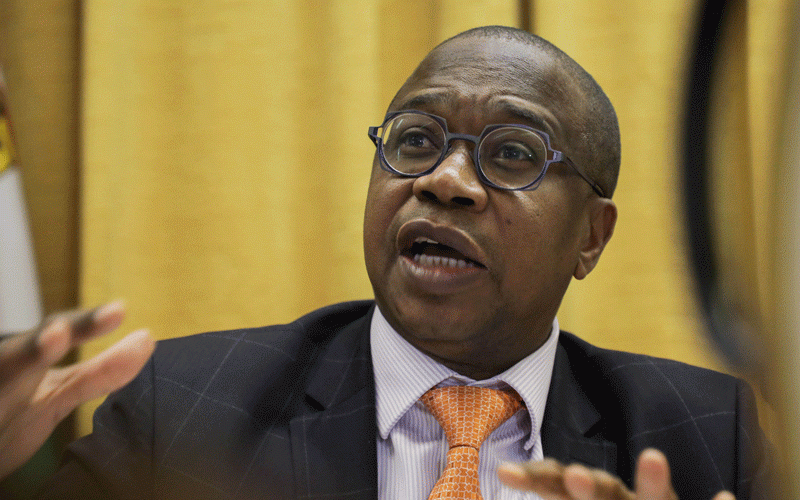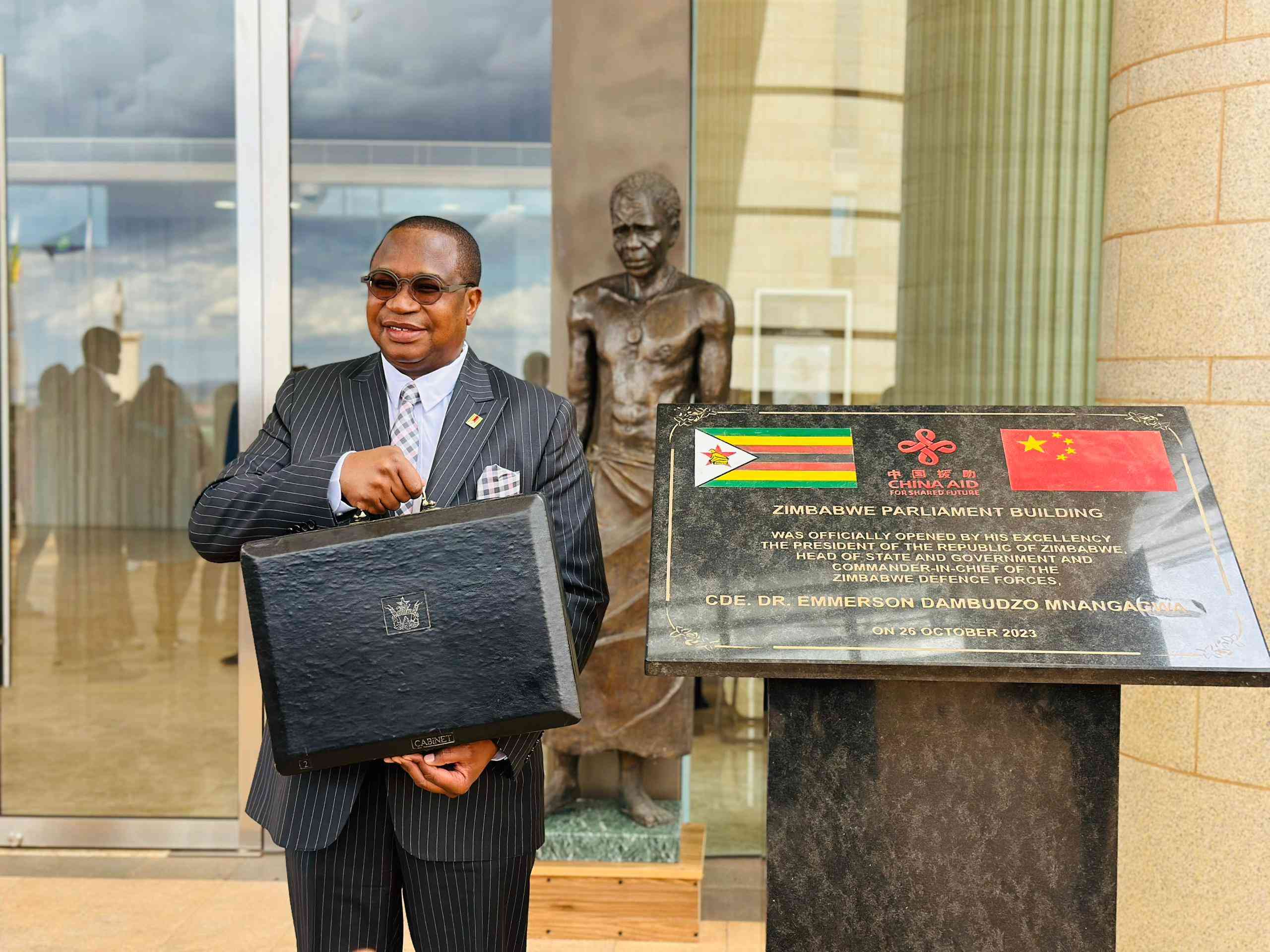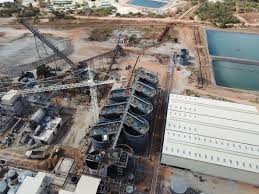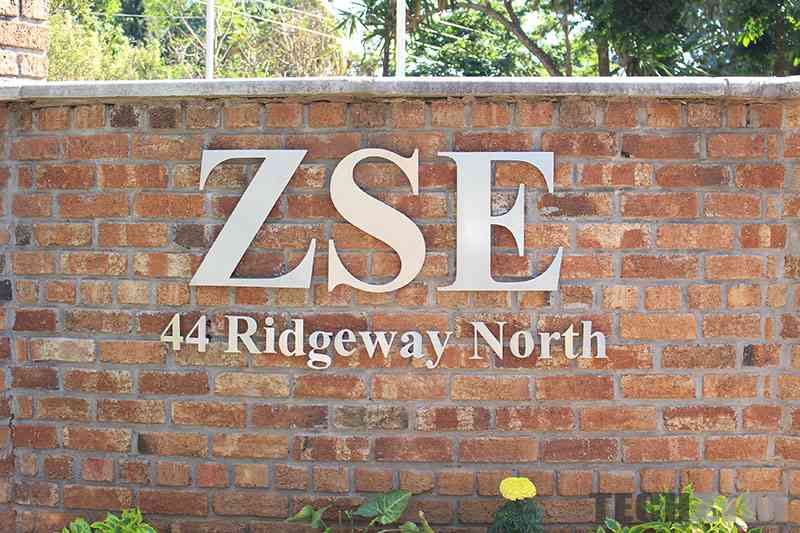
TREASURY, always in financial distress, lost about $1,6 trillion last year, up 312% compared to the prior year, through tax expenditures consisting of uncollected tax due to exemptions and incentives to corporates, a Zimbabwe Revenue Authority (Zimra) report says.
In 2021, total revenue foregone stood at $388,38 billion.
“The total revenue foregone in 2022 stood at $1,6 trillion compared to $388,38 billion in 2021. The revenue foregone was from exempt supplies, zero rated supplies, rebates, suspensions and trade agreements,” Zimra’s 2022 annual report shows.
The $1,6 trillion loss could have built roads, dams, schools, hospitals, fixed water and sewage reticulation systems, while ensuring improved social services delivery.
Tax expenditures, consisting of trade agreements or concessions, are similarly known as revenue foregone.
In a bid to attract investment, the government has been offering tax incentives to some foreign companies, a move described by civil society organisations as harmful and unfair.
For instance, in 2020 the government exempted Chinese telecommunications giant Huawei Technologies from paying income tax dating back 11 years to December 2009.
In January 2021, Great Dyke Investments, which is developing a platinum mining project in Darwendale, Mashonaland West province, was granted a five-year tax exemption by the government. This was done by Finance minister Mthuli Ncube through an Extraordinary Government Gazette dated January 27, 2021.
- Pushback over Chinese lithium push
- Pushback over Chinese lithium push
- War over super car stuck in river
- Zimra seizes CCC campaign vehicle
Keep Reading
Exemptions to run until 2025 include income tax and tax on dividends earned by shareholders.
The government also offers tax incentives to companies operating in special economic zones in certain industries such as manufacturing as a way of attracting foreign direct investment.
Tax incentives refer to a deduction, exclusion, or exemption from a tax liability, offered as an enticement to engage in a specified activity such as investment in equipment goods for a certain period.
In 2022, annual net revenue collected grew in nominal terms from $463,57 billion collected in 2021 to $1,992 trillion in 2022. When adjusted for inflation, collections grew from $469,21 billion in 2021 to $701,28 billion in 2022.
The individual revenue head exceeded the target by 42,45%, contributing 19% to total revenue up from 17% in 2021. Performance was driven by periodical salary adjustments by some employers in line with cost of living.
Collections from corporate income tax were 5,09% below target and contributed 15% to total revenue down from 20,42% in 2021.
“The revenue head failed to meet its target despite the authority intensifying various revenue enhancing activities such as sector-based audits and door-to-door visits to harness revenue from various sectors,” the report read.
Value Added Tax (VAT) beat the target by 28,37% and contributed 25% to annual revenue. In 2021 VAT contributed the same proportion to total revenue.
The 2022 annual contribution to total revenue for customs duty was 8% and this was an increase from 7% in 2021. Net collections under the revenue head were 44,92% above the target. Key contributing commodities to customs revenue in 2022 were motor vehicles, parts of machinery, liquefied butanes and tyres.
The tax collector said enforcement activities such as risk-based post clearance audits and anti-smuggling initiatives impacted positively on the revenue head’s performance.
Excise duty exceeded the target by 39,34%. Most of the revenue was realised from fuel imports, which contributed 72,48% of the revenue under the tax head. The revenue head contributed 14% of total revenue during the year. The performance also benefited from the anti-smuggling initiatives pursued by the authority to prevent fuel smuggling.
Mining royalties surpassed target by 1,15%. Mining royalties accounted for 3% of total revenue in 2022 and there was not much change from its contribution in 2021. Collections were negatively affected by poor international commodity prices, Zimra noted.
The intermediated money transfer tax (IMTT) surpassed the target by 25,64% during the year and collections were 9% of total revenue down from 9,64% in 2021.
“IMTT’s performance is a reflection of the increase in the number and value of transactions conducted electronically. IMTT audits conducted during the year, also yielded significant amounts of revenue.”
Other taxes contributed 6% to total revenue having surpassed its target by 10,49%.











